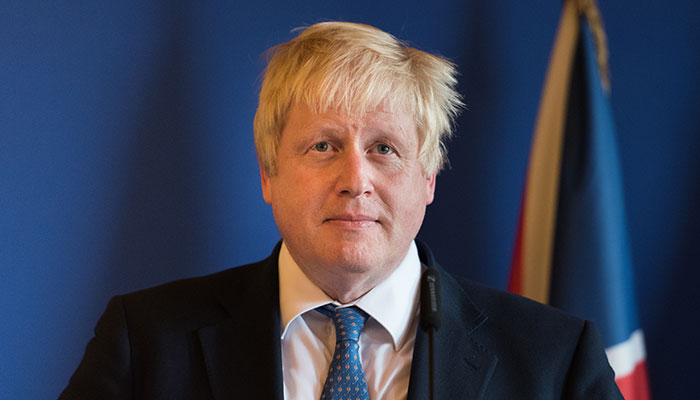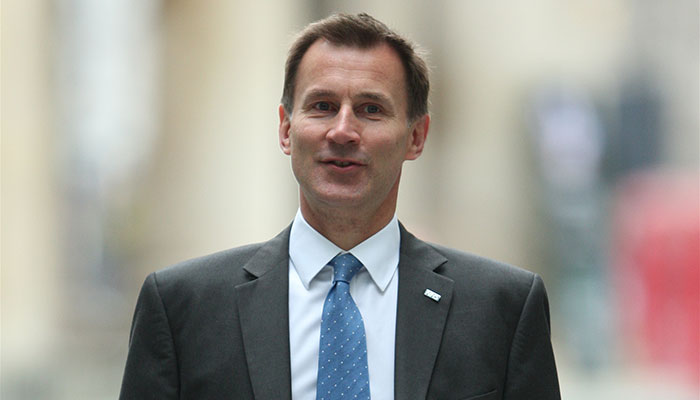 Boris Johnson and Jeremy Hunt have proposed a raft of tax cuts and spending plans, which represent “radical” changes to current government policy, according a briefing paper by the Institute for Fiscal Studies out today.
Boris Johnson and Jeremy Hunt have proposed a raft of tax cuts and spending plans, which represent “radical” changes to current government policy, according a briefing paper by the Institute for Fiscal Studies out today.
Johnson’s eye-catching pledge to raise the higher rate threshold from £50,000 to £80,000 would cost around £9bn and benefit only 8% of individuals in the short run – though at least 25% of people would benefit over their lifetime, the IFS said.
The move would lift 2.5 million people out of the higher tax rate immediately marking a “major change to our income tax system,” the think-tank claimed.
 Johnson’s other main pledge – increasing the point at which people pay National Insurance Contributions – would cost at least £3bn a year for each £1,000 that it raised, according to the analysis. Hunt also vowed to make this change.
Johnson’s other main pledge – increasing the point at which people pay National Insurance Contributions – would cost at least £3bn a year for each £1,000 that it raised, according to the analysis. Hunt also vowed to make this change.
Tom Waters, research economist at IFS, said: “Raising the higher rate threshold as far as £80,000 would be a radical change benefitting high income households only, though it is important to be aware that the numbers paying higher rate tax have crept up over time, largely unannounced.”
Waters added: “It is not clear that spending such sums on tax cuts is compatible with both ending austerity in public spending and prudent management of the public finances.”
Johnson’s opponent Hunt has vowed to slash corporation tax, increase the NIC threshold, increase defence spending and reduce the interest rate applied to student debt.
Increasing defence spending to 2.5% of national income over the next five years implies spending £15bn more in 2023-24 than today, the IFS estimated.
Lowering the rate of interest on student loans to just equal the rate of RPI inflation would cost “very little” in the short run and just over £1bn in the long run, the IFS claimed.
Hunt’s commitment to cut corporation tax from 19% to 12.5% would give the UK the second lowest rate in the OECD behind Ireland.
The IFS said this move would cost around £13bn in the short run but somewhat less in the long run, though the tax would not “pay for itself as some have claimed”.
The think-tank conclude that Hunt’s policies of higher spending and lower taxes would “amplify the long-run challenges facing the UK public finances”.
Paul Johnson, IFS director, said: “A £15bn [defence spending] increase, alongside the proposed corporate tax cut, would leave no scope to relieve the pressure on other areas of public spending without tax rises or a fiscal stance, which risked putting debt on a rising path.”











